Solving the problem of waste disposal
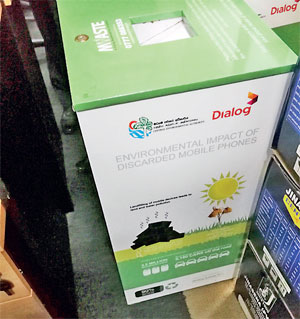 Anuda Weerasinghe is a student studying in Grade 10 at the Overseas School of Colombo. He is following the International Baccalaureate Middle Years Programme. It is a requirement that the students complete a personal project to consolidate their learning, to achieve success. It aims to assess students’ approaches to learning skills for self-management, research, communication, critical and creative thinking, and collaboration.The idea is to enable them to connect classroom learning with personal experience in order to develop their own interests for lifelong learning. Anuda chose to attempt to solve Sri Lanka’s waste management procedure through technological innovation as his personal project. He called it as ‘SMARTTRASH’.
Anuda Weerasinghe is a student studying in Grade 10 at the Overseas School of Colombo. He is following the International Baccalaureate Middle Years Programme. It is a requirement that the students complete a personal project to consolidate their learning, to achieve success. It aims to assess students’ approaches to learning skills for self-management, research, communication, critical and creative thinking, and collaboration.The idea is to enable them to connect classroom learning with personal experience in order to develop their own interests for lifelong learning. Anuda chose to attempt to solve Sri Lanka’s waste management procedure through technological innovation as his personal project. He called it as ‘SMARTTRASH’.
He says that the idea was born due to the Meethotamulla garbage dump collapse. According to him “Recycling is one of the most efficient ways to manage waste as it mostly eliminates the problem and also has an economic benefit. Most small-time recyclers in Sri Lanka are given recyclable waste for small sums of money. These recyclers then recycle the waste and obtain a profit by selling the recycled materials. This means that in an ideal scenario recycling will not only solve the problem of waste management, but will also increase employment and contribute to the Sri Lankan economy. However, most people either do not know their neighborhood recycler or care to take the time to prepare and hand over their waste to these recyclers.
My solution is built to make full use of the existing recycling community and boost the waste economy. My solution is built with two main goals: to increase accessibility and to incentivize correct waste disposal. It is a platform that bridges the gap between the ordinary Sri Lankan and the nearby recycler”. To increase accessibility to recycling facilities, all recycling centers onboard the platform were mapped in the application and directions to the nearest bin from the user’s current location were also provided. But he realized than an incentive was also required to encourage people to take the time to separate and dispose their waste. He further states “Although most recyclers use a few notes of spare change to encourage people to recycle, the SMARTTRASH platform uses a digital rewards scheme.
These digital rewards break down into two categories: eZCash rewards and internet data rewards. Essentially, when the disposal is made to the recycling center instead of providing the user with some spare change, the monetary value of that change is provided through a digital reward, which increases the convenience and value of the reward itself. This also allows the SMARTTRASH platform to generate revenue by taking a small commission from each disposal”. To initiate the process, Anuda approached the sustainability team at Dialog Ltd., with a proposal to join the platform with their already existing electronic waste collection program. Since they were also keen to revamp their program, they agreed to provide an internet data reward of 100 MB since it also benefitted them through an increase of the engagement on their network.
He adds “Since the success of my solution relied mainly on incentivizing the disposal process, I had to somehow integrate the digital rewards scheme onto their bins. I solved this problem by using QR Code technology, which is essentially an easier to use barcode. A QR Code is printed on the bins and when the user disposes waste into the bin, he/she scans the QR code using the mobile app and receives the entitled digital reward. One challenge with this process is that the QR code can be scanned and the reward can be obtained without actually disposing any E-Waste. This problem could potentially be solved by making the bin smarter by attaching a weighing scale that measures the difference in weight before and after the disposal or by having a camera take a picture of the disposed items and process the contents of the image. However, both these solutions have high implementation and maintenance costs that made them seem illogical in the long run.
Instead a more low-tech solution of limiting a user to one reward redemption per day was implemented. Furthermore, the SMARTTRASH platform also checks the user’s location during redemption in order to avoid scammers from redeeming pictures of the actual QR code from other locations”. The SMARTTRASH app will be added to the Apple App store in the near-future and the Dialog bins with QR codes are in the process of being completed. His final words are “Since the platform only supports E-Waste disposal for now, I highly encourage recyclers to join the platform as it will increase the reach of your business and also increase the popularity of the platform. If you are a Sri Lankan, I strongly encourage you to pick up your phone, download SMARTRASH and dispose your waste responsibly to earn a 100MB data reward and help your country”.
Through this worthwhile project Anuda has participated in a self-directed inquiry within a global context and demonstrated responsible action as a result of learning. Let us wish Anuda and his praiseworthy project success.
R.N.A. de Silva.
The contributor is a mathematics teacher at the Overseas School of Colombo.
















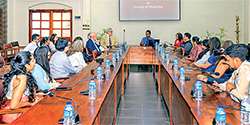



















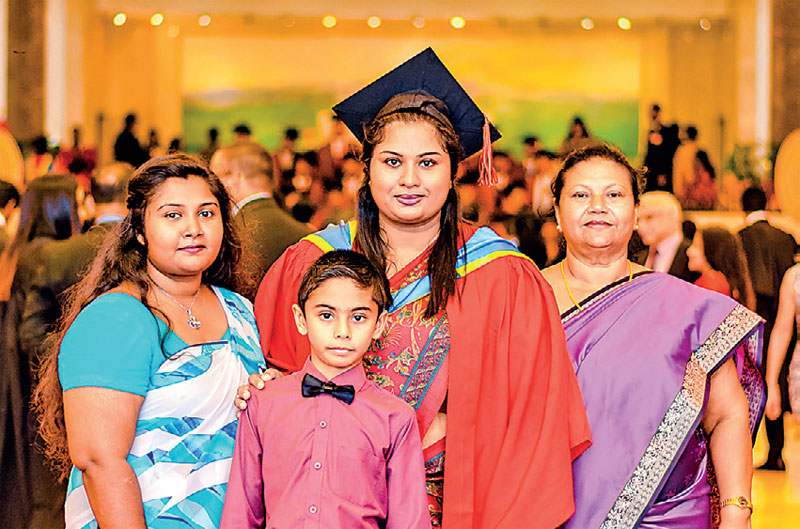


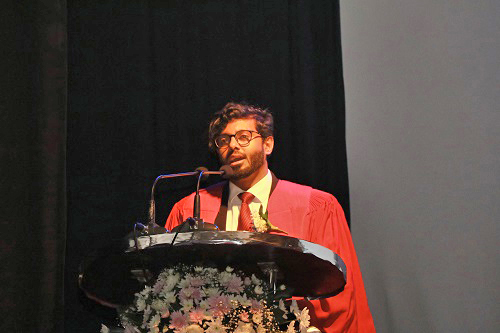
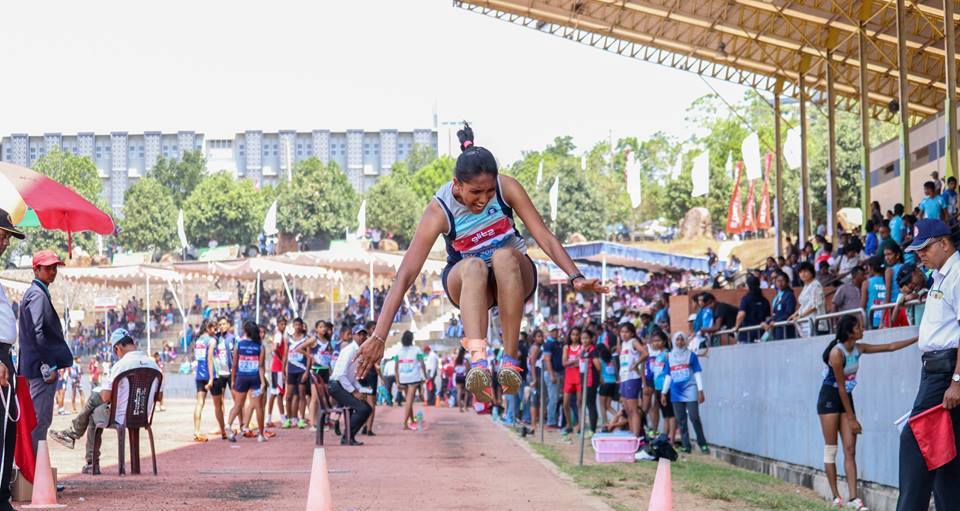
.jpg)

.jpg)
.jpg)
.jpg)
.jpg)
